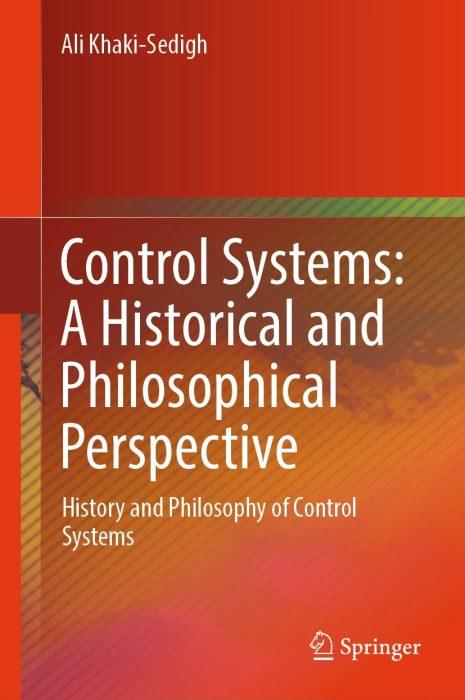About Book
This book explores the historical and philosophical foundations of control systems, offering a perspective that is often missing in traditional engineering education. While engineering programs typically emphasize technical skills, they tend to overlook the broader intellectual, ethical, and historical contexts that have shaped the field. As engineering challenges become more complex and interdisciplinary, there is a growing need for professionals who can think critically and reflect on the foundations of their work.
Focusing on control systems, the book traces key developments from ancient engineering innovations to the rise of modern control theory, cybernetics, and systems thinking. It examines how major paradigm shifts emerged and how philosophical ideas have influenced the design and analysis of control systems. Readers are encouraged to consider not only how systems function but also why they are designed in certain ways and what broader implications their use may have.
Designed for students, educators, and researchers, this book avoids complex mathematics and instead focuses on conceptual understanding. It encourages a broader, more reflective view of engineering by connecting technical knowledge with its historical roots and philosophical implication

